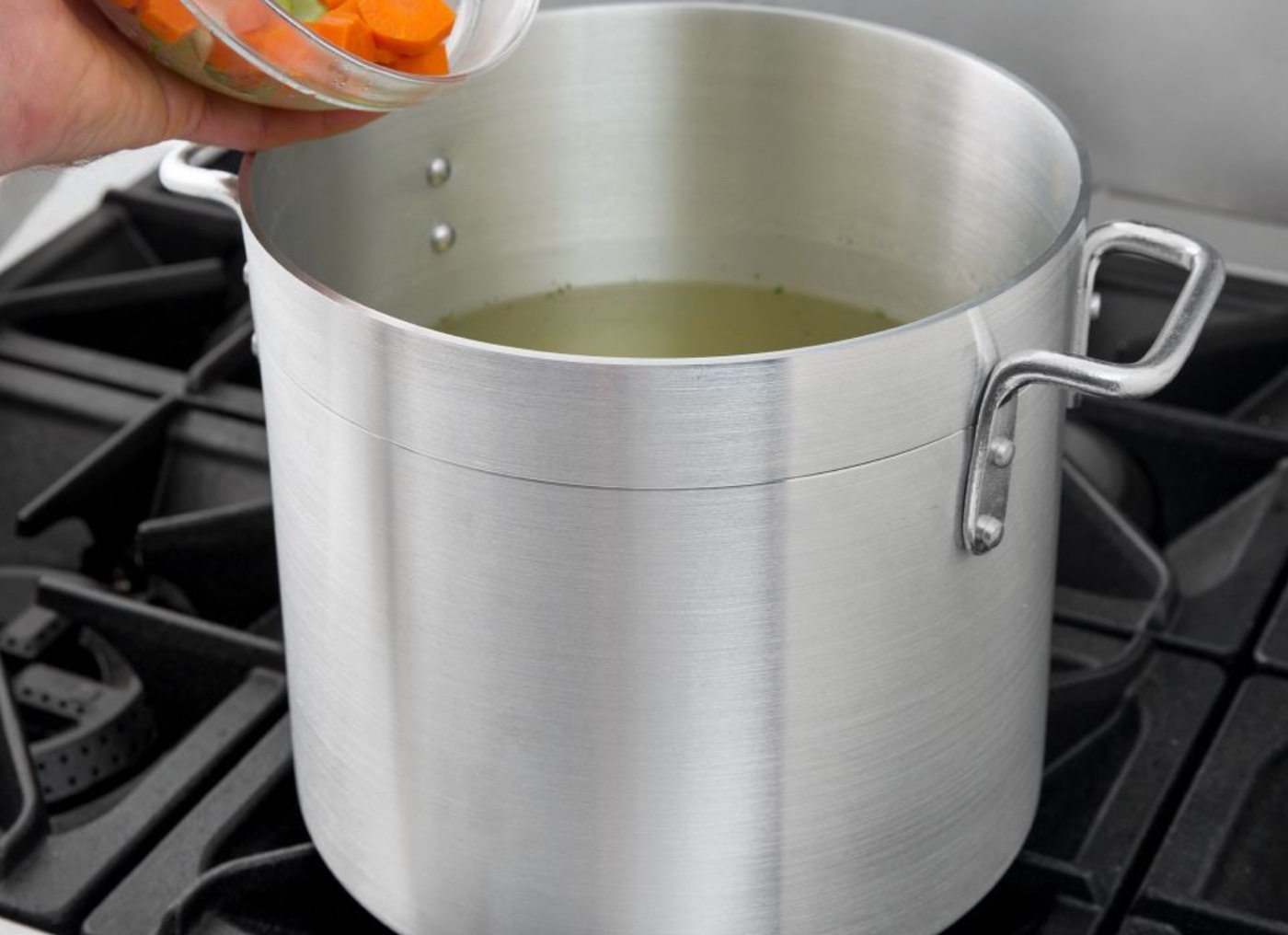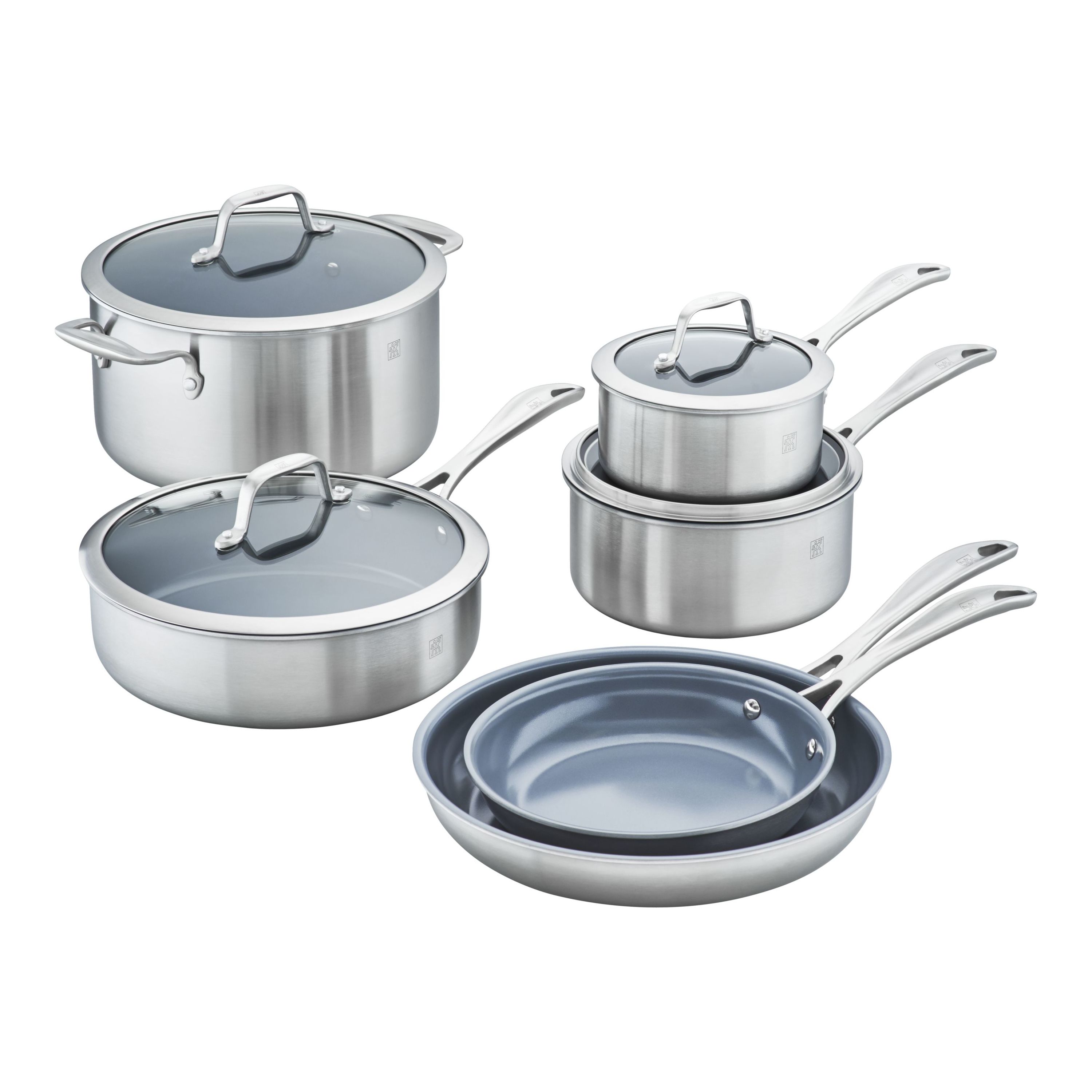oldrustycars
Senior Cook
I have a Vollrath non stick skillet that someone used a sharp knife in, the coating is now scratched. They will be dealt with later. I love the skillet, is there a way to remove the non stick coating so I can still use the skillet?





